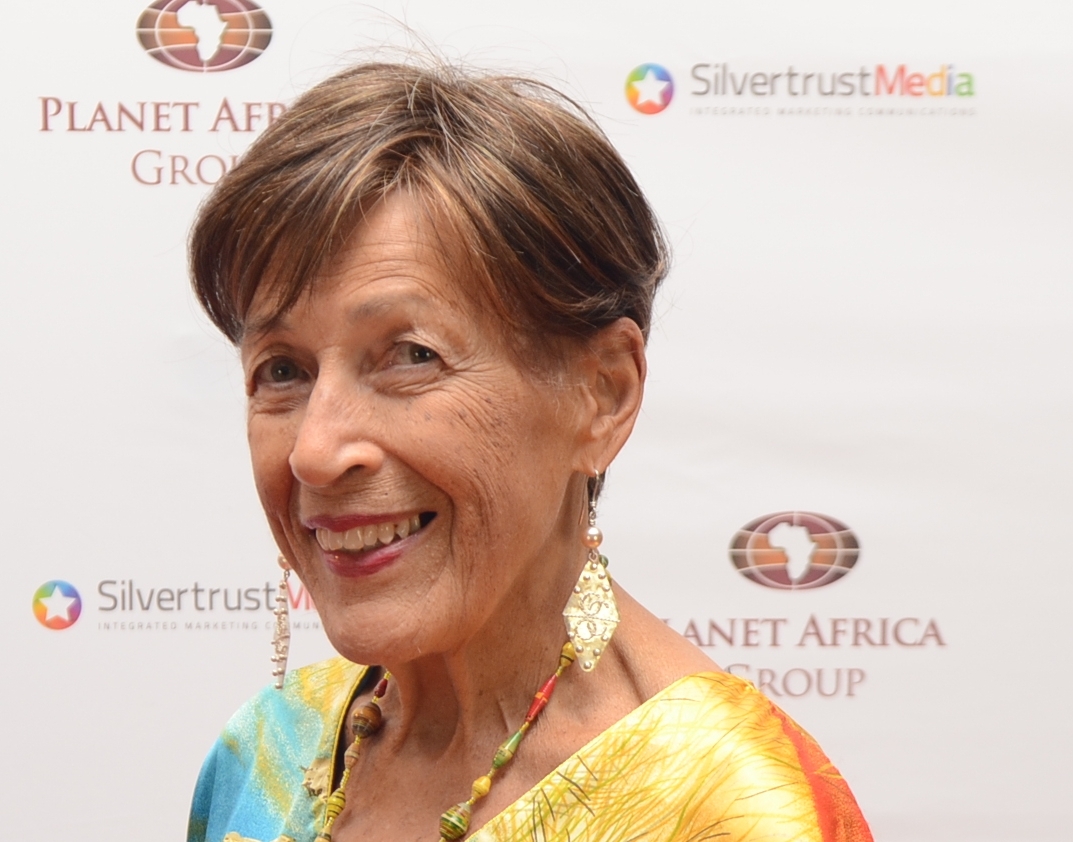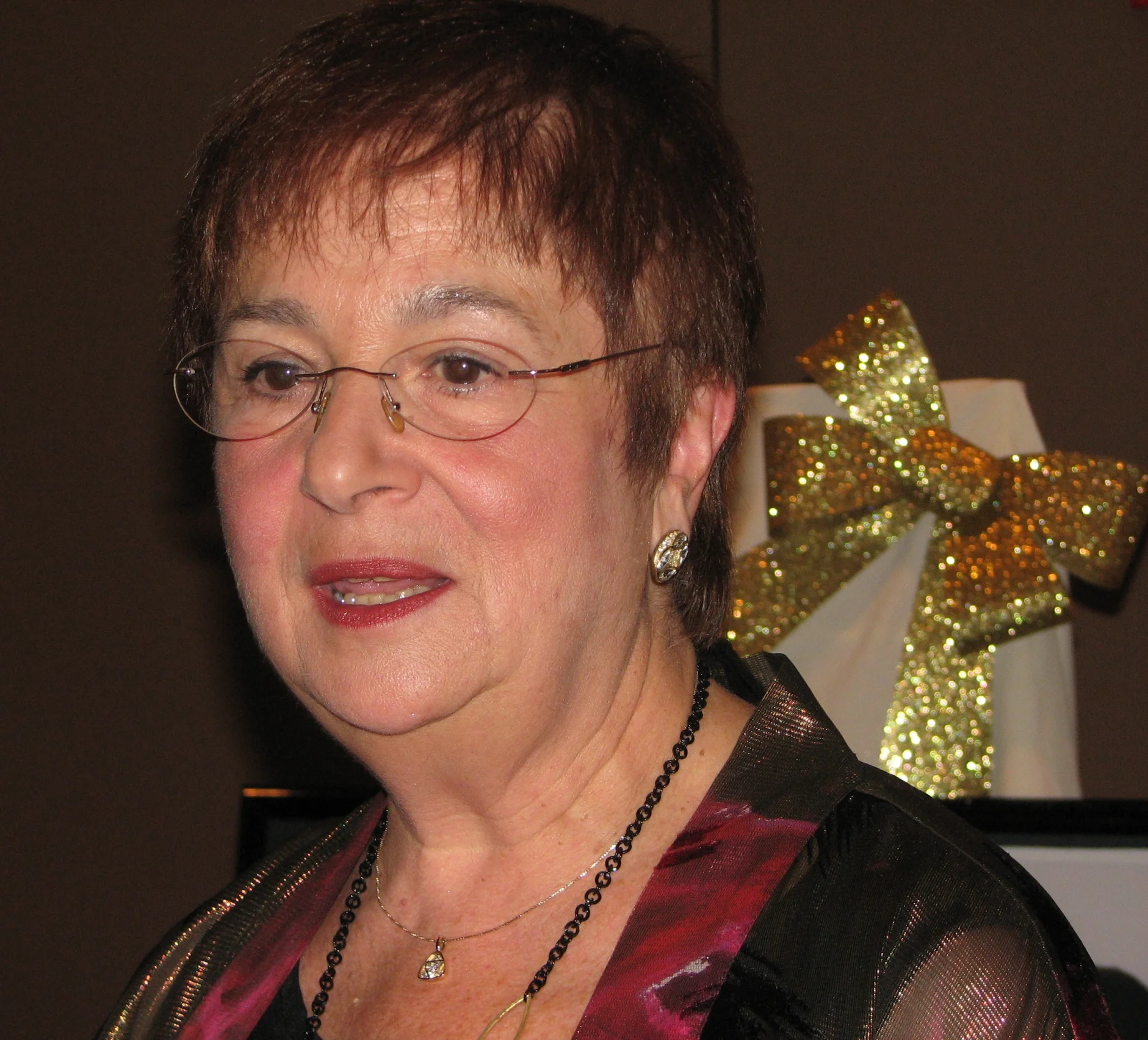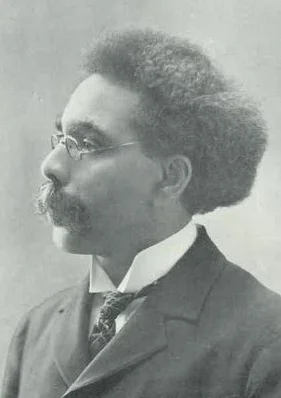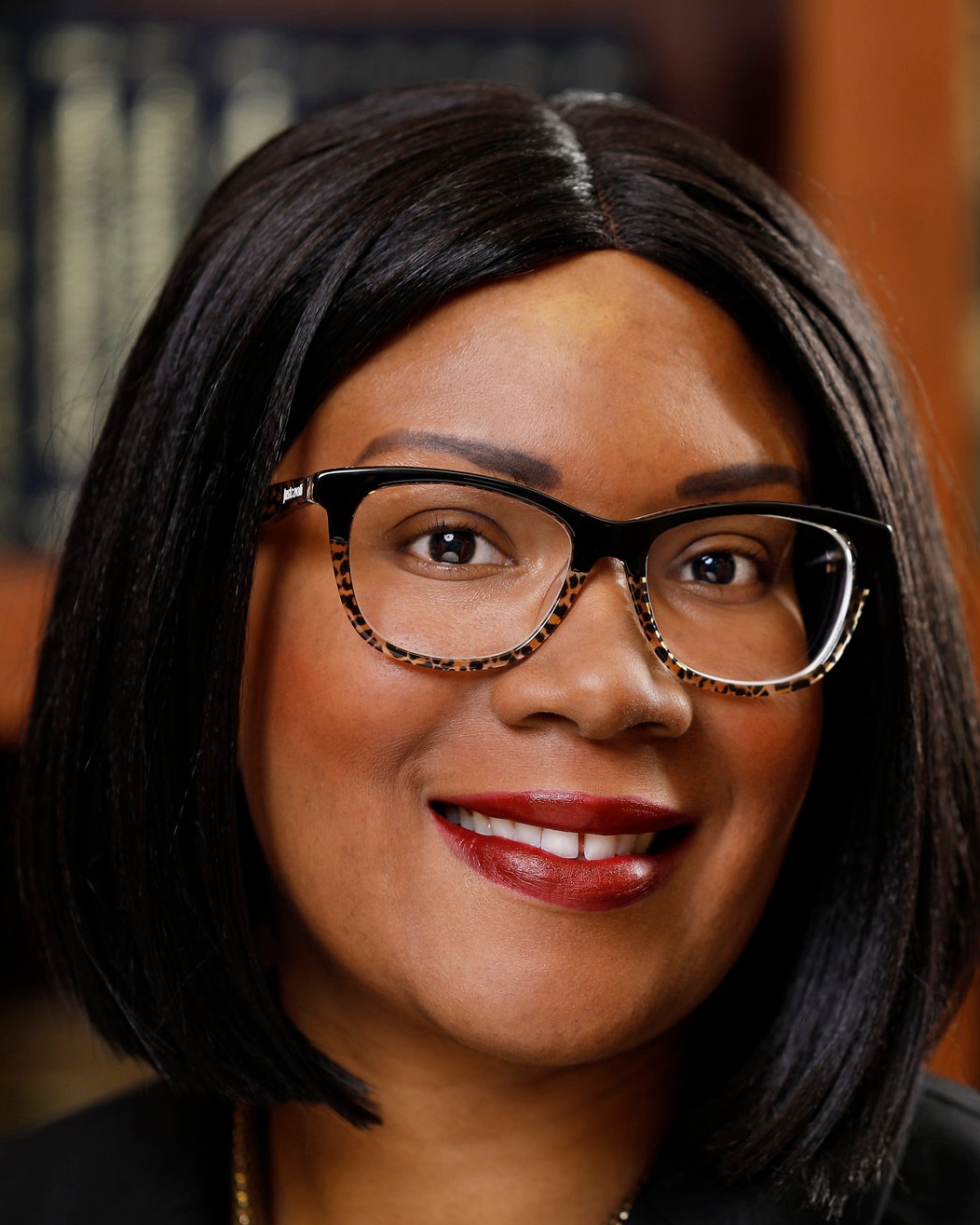Order of Canada for Salmon, Mock and Cromwell
January 11, 2018
While coping with the loss of a loved one, former Toronto city councillor Beverley Salmon was buoyed by significant provincial and national recognitions.
She was appointed to the Order of Canada just five months after being conferred with the Order of Ontario.
Her younger brother Dr. David Bell – one of the few Black deans at a Canadian University -- succumbed to pancreatic cancer a year ago. The York University professor emeritus and senior scholar in environmental studies penned a strong letter supporting his sister’s nomination for the Order of Ontario.
“It was so beautifully written,” recalled Salmon, the Ontario Human Rights Commission (OHRC) first Black female commissioner and Urban Alliance on Race Relations co-founder. “At least, he was aware of that honour.”
Bell was not the only person Salmon was thinking of when she got the call a few weeks ago that she was joining an illustrious list of Canadians to be honoured with the highest level of distinction in the Canadian honours system.
Dr. Douglas Salmon, Canada’s first Black surgeon and hospital medical staff president, has never left her mind since his death in September 2005. He was also an accomplished athlete, sculptor, pianist and one of the 1942 Race Discrimination Committee’s lead protestors who fought for the rights of Blacks to enter Palais Royale Ballroom to see such jazz greats as Count Basie, Duke Ellington and Cab Calloway.
Married for 49 years, the union produced four children.
“Doug and my father were the two most special and remarkable gentlemen in my life,” said Salmon. “My husband was a wonderful man who adored his family and was devoted to his profession.”
Salmon’s father – Herbert Bell Sr. – was an immigrant from Jamaica while her mother, Violet Bryan, was a fifth generation Canadian.
When Bell’s parents found out that he enlisted in the West Indies Regiment before turning 18, he was promptly de-enlisted and sent to Boston to study engineering. Desperately wanting to serve in the military, he came to Canada and joined the First Depot Battalion New Brunswick regiment in 1917. Bell later transferred to the 260th Battalion in Siberia during the First World War where he was wounded and sent to a Halifax hospital to recuperate. Leaving the Army as a decorated war hero, he ran an automotive repair business in Toronto for 24 years before passing away in 1953.
A registered nurse who practiced in Toronto and Detroit, Salmon will be inducted in the Members category later this year for her exemplary service to the City of Toronto, particularly as an advocate for the educational and social well-being of Black communities.
“This is a huge honour and I am very humbled,” noted Salmon who was the first woman of colour to be elected municipally in Toronto. “However, when you look around, we are still fighting some of the battles we were wrestling with 30 years ago. We aren’t anywhere close to where we need to be.”
Two years ago, Salmon wrote to politicians, including Premier Kathleen Wynne, urging them to fund lawyers for families, following the inquest into the Toronto police shooting death of Ian Pryce whose mother, Heather Thompson, is a friend of Salmon’s. She was also at the forefront of the call to end police carding.
When the late Dr. Daniel Hill, the OHRC founding director, and Wilson Brooks, the city’s first Black school principal and one of Canada’s first Black flying officers, were looking for space to host a few friends to discuss the formation of a Black history movement, the Salmon’s offered their home.
Out of that meeting 39 years ago emerged the Ontario Black History Society which petitioned the City of Toronto a year later to have February proclaimed Black History Month.
In the 1990s, Salmon -- with former school principal MacArthur Hunter -- co-founded and co-chaired the Black Educators Working Group that, among other things, advocated for an inclusive curriculum.
When Dr. Karen Mock learnt that she is in the same Order of Canada class with Salmon, she sent her a congratulatory note.
“I was so thrilled to see that and I had to write to Bev to say how much it meant to me to be sharing this prestigious recognition with her as we have been working on the same issues for over three decades,” the human rights consultant, psychologist and teacher-educator pointed out.
Dr. Karen Mock
Mock is being recognized for her contributions to the promotion of human rights, notably through her work on cultural integration and the strengthening of Jewish-Muslim relations in Canada.
“I was very excited to receive the news and I am still pinching myself,” the Ontario Multicultural Association and Canadian Friends of Haifa University past president and Urban Alliance on Race Relations ex-board member pointed out. “There are so many people with whom I should really share this award with. These are individuals who are doing thankless work which is very demanding.”
Raised in a diverse neighbourhood on Markham St. in Toronto, Mock was quite active in the B’Nai Brith Youth Organization as a teenager.
“For me, it wasn’t only an issue of being the grandchild of grandparents from Europe who endured suffering and lost family members, but it was also growing up in the civil rights movement and learning that what we wanted for ourselves we also wanted for all human beings,” she said.
A University of Toronto PhD. graduate in applied psychology, Mock is a former executive director of the Canadian Race Relations Foundation and the League for Human Rights of B’Nai Brith Canada.
She chaired the Hate Crimes Community Working Group, reporting to the provincial government in December 2006 and served as a senior policy advisor on diversity and equity to the Minister of Education for the development and delivery of Ontario’s equity and inclusive education strategy that was released in April 2009.
Mock was a key member of the Black/Jewish Dialogue that met monthly to share mutual concerns and work together to combat racism and anti-Semitism, and the Liberal candidate for Thornhill in the 2011 federal elections, losing to incumbent Conservative candidate Peter Kent.
Over the years, she has freely provided her expertise to community projects, including the Project for the Advancement of Childhood Education (PACE) which supports basic schools in Jamaica.
In 1988, she participated in the Van Leer conference on early childhood education at the University of the West Indies in Jamaica and later volunteered to evaluate the degree program. She also compiled a guide for future program development, provided library books and articles for reference and was an active participant in the UWI Mona campus summer course.
Mock chairs JSpaceCanada which supports Israel as a democratic homeland for the Jewish people.
For most of her life, Elizabeth Cromwell has been an advocate of Nova Scotia’s Black Loyalist history, heritage and culture. In the late 1980s, she co-founded the Shelburne County Cultural Awareness Society that morphed into the Black Loyalist Heritage Society (BLHS) and served as president from the inception until December 2002 and again from 2008 to 2016.
Cromwell was instrumental in the BLHS opening its doors in Birchtown in 2015.
“The museum has been Elizabeth’s dream,” said interim site manager Cynthia Dorrington. “Understanding her history, I think, is important not only to her but the Black Loyalists and their descendants in Nova Scotia and surrounding areas.”
In 1783, close to 3,000 Black Loyalists migrated from New York to Birchtown in search of freedom following the American Revolution. Declared a national historic site 21 years ago, Birchtown was the largest free settlement of Blacks in North America in the 18th century and now the home of the 10,400-square foot interactive Black Loyalist Heritage Centre.
Elizabeth Cromwell
Visitors can trace their heritage through the names in the ‘Book of Negroes’, a document containing the names of all Black Loyalists who escaped to Canada after the American War of Independence.
Cromwell, who last year was the recipient of an honourary doctorate from Dalhousie University, said the Order of Canada is a special honour.
“It’s however not just for me,” she said. “It is for those people who helped found the society. They saw the big picture that our people belonged in this country and stuck with it over the years when things were not always easy. It’s confirmation we did the right thing.”
Cromwell’s late parents – James and Annabelle Gallion – were the biggest influence in her life.
“They always talked about our history,” she added. “We were never silent when it came to where we came from and how we got here.”
Graduating as a social welfare worker in 1969, Cromwell – who also has an honourary degree from Mount Saint Vincent University – was a casework supervisor with the Children’s Aid Society of Shelburne County for many years until her retirement in the 1990s.
Her husband of 47 years, 96-year-old Everett Cromwell, was a mechanic with the Canadian Air Force during World War II and the only Black member of the 2nd Division that took part in the Normandy Invasion.
The Order of Canada was created in 1967 to coincide with the centennial of the confederation of Canada.
The inaugural list of 90 appointees included just one Black person.
Isaac Phills, who migrated from St. Vincent & the Grenadines in 1916 as a trained 20-year-old agriculturalist, was honoured for providing his children with a solid education and start in life and setting a fine example in his community despite the many obstacles he faced.
Unable to find a job in his field in Whitney Pier where he settled, Phills spent 45 years working at the Sydney steel plant in Cape Breton. He also served in Canada’s first and only Black battalion, #2 Construction which was formally authorized as a unit of the Canadian Expeditionary Force 102 years ago.
Phills, who with his wife Alda produced seven children, died in March 1985 at age 89.
One of their children, Dr. James Phills who passed away in Florida eight years ago at age 85, was the first Nova Scotia-born Black medical doctor.








